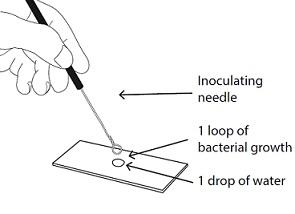
Learn about microbiology and its broad applications
Microbiology is an increasingly important area of science; not only because of its obvious significance to human health, but also its significance to environmental management, veterinary care, farming and horticulture.
In this course, you will develop a broad based understanding of the science of microbiology. You will explore microbiology and its relationship to:
- Human, animal and plant disease
- Routine functions in biology (e.g. absorption of nutrients, immunology, managing waste, etc)
- Farming - horticulture, agriculture
- Food industries - food treatment, storage, preservation, etc.
- Environmental management